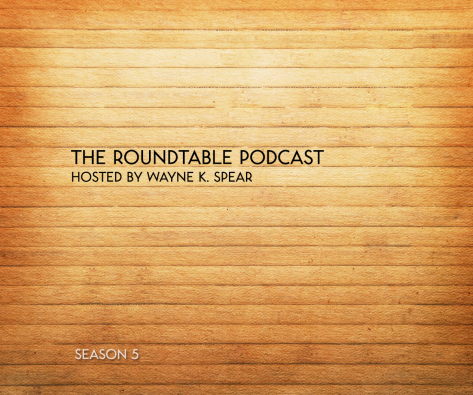When the Catholic entities that ran Indian residential schools commit to meaningful reparations, the need for yet further apologies will end

✎ WAYNE K. SPEAR | OCTOBER 30, 2021 • Current Events
THE CANADIAN CONFERENCE OF CATHOLIC BISHOPS announced Wednesday the Pope’s acceptance of their invitation to visit Canada “on a pilgrimage of healing and reconciliation.” In December, a delegation of Indigenous survivors, elders, knowledge keepers and youth will travel to the Vatican to discuss the details.
The arrival to Canada of Pope Francis will fulfill the Truth and Reconciliation Commission’s Call to Action #58: “We call upon the Pope to issue an apology to survivors, their families, and communities for the Roman Catholic Church’s role in the spiritual, cultural, emotional, physical, and sexual abuse of First Nations, Inuit, and Métis children in Catholic-run residential schools.”
There have been a number of apologies from the Catholic entities that ran Indian residential schools in Canada. The Missionary Oblates of Mary Immaculate delivered theirs at Lac Ste. Anne in July of 1991, “for the part we played in … cultural, ethnic, linguistic, and religious imperialism,” and in 1997 the Canadian Conference of Catholic Bishops issued a statement of regret for the pain and suffering caused by the residential school system. In 2000, the Great Jubilee, Pope John Paul II appealed for forgiveness in a summary confession of over 100 crimes, including the abuse of children in Catholic-run institutions. Along the way there have also been low-profile, local apologies, delivered by bishops and archbishops from the pulpit.
But there’s never been an apology from the Pope, delivered to Indigenous people, on Canadian soil. When the residential school lawsuits began in the 1990s, Canadian bishops adverted to the decentralized and even anarchic nature of the business: there is no “Canadian Catholic Church,” they asserted, and therefore no ecclesiastical leader or entity to litigate. Yet when the Indigenous delegation arrives at the Vatican this December, they will tread upon the soil of an exclusive and sovereign dominion, a landlocked theocracy presided over by the Vicar of Christ and placed beyond secular authority by the 1929 Lateran Treaty with Mussolini.
The former national chief of the Assembly of First Nations, Phil Fontaine, travelled to Rome for a 2009 private audience with Pope Benedict. At the time he considered the Pope’s expression of regret a significant and sufficient achievement, but now says his words were taken out of context and misconstrued. Now Fontaine thinks it’s a different time and an apology on Canadian soil, in an Indigenous community, is required.
Survivors of physical and sexual abuses suffered in the Indian residential schools have told me that apologies help. Apologies affirm in public what former students have long known in private — that they were vulnerable and defenceless children, abused by those in whose care they were entrusted. As crimes of the worst kind imaginable, these abuses cry out for acknowledgement, justice, and remedy. Apologies can have restorative power, when done properly.
And then there’s doing it badly. There have been apologies of various kinds for 30 years now. There has also been a court-supervised settlement with 48 Catholic entities, called the Indian Residential School Settlement Agreement. As I’ve written before, lawyers for the Catholic entities took advantage of loopholes in the agreement that they themselves negotiated, in order to minimize their legal and financial burdens. Their reparation scheme funnelled dollars and church efforts into existing business lines, underwriting church and membership building initiatives they would have undertaken anyway.
You may have noticed that there are no calls for further Anglican, Presbyterian or United church apologies. These denominations committed to truth, healing and reconciliation, while the Catholic leadership has thus far committed to the cardinal priorities of asset management and pew-filling. The church’s insistence on regarding a global crisis of child abuse and coverups as an internal pastoral matter, a call to restore those abused to their diminished flock, is not a serious acceptance of responsibility.
The Indian Residential School Settlement Agreement failed to hold the Catholic entities to account because it was larded with the assumption that an honour system would suffice, and that the Catholic entities could be counted upon to do what is right. This trust was abused, by an institution that has earned a reputation precisely for the abuse of trust. So by all means an apology, but also accountability, not only to law but to the standards of ordinary human decency. When the Catholic entities commit to meaningful reparations and make genuine efforts that help to restore Indigenous land, cultures, languages, ceremonies and governance, the need for yet further apologies will end. ⌾





 A phone for a phony
A phone for a phony
